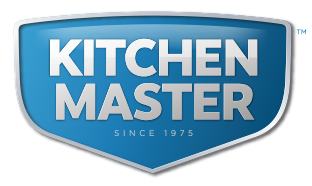Environmental.
Kitchenmaster recognises the importance of helping to protect our planet and our mission is to develop and produce cleaning and hygiene products that have minimal impact on the environment. With so many views and thoughts on what relates to minimal impact to the environment, Kitchenmaster does not only take into account if the product contains biodegradable surfactants or have a neutral pH level, where some manufacturers would make that as sufficient justification to make the claim, we at Kitchenmaster look and continually review a wide array of other factors.
Kitchenmaster is committed to manufacturing high quality products while also reducing the impact they have on the environment. Kitchenmaster comply with all legislation and environmental policies. The Northern Ireland Environment Agency conduct regular site audits to ensure all standards are being adhered to.
There are different types of ‘green labelling’. In relation to Kitchenmaster this includes the chemical, the packaging and manufacturing.
